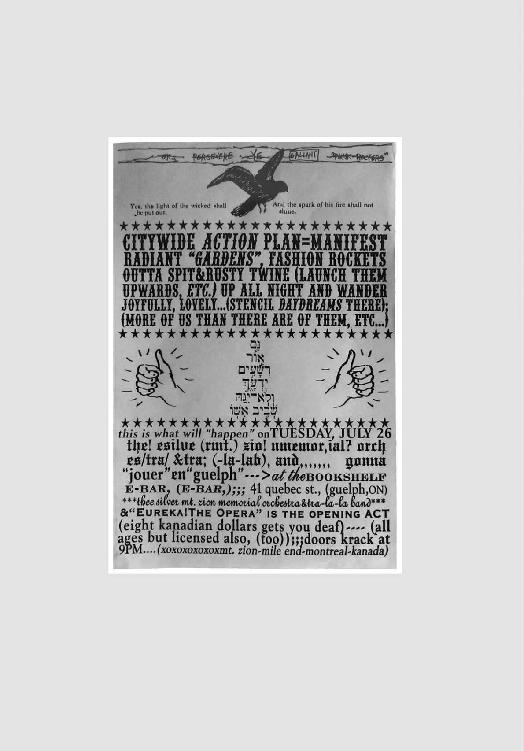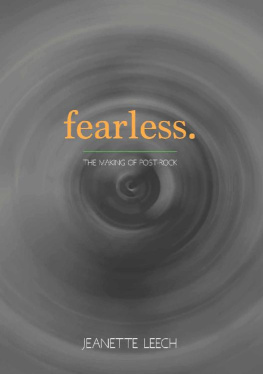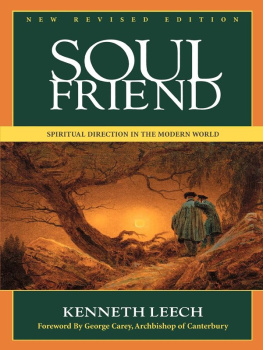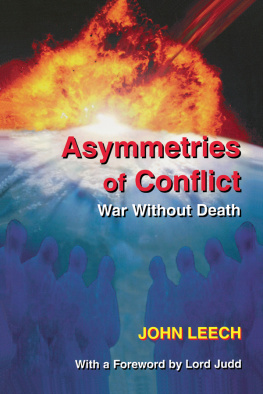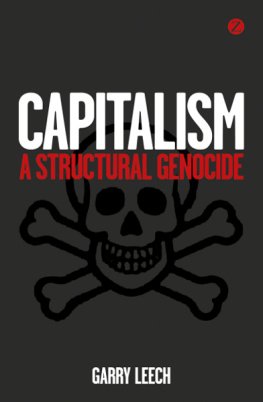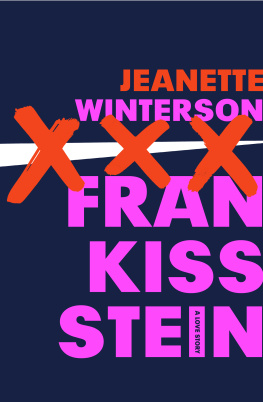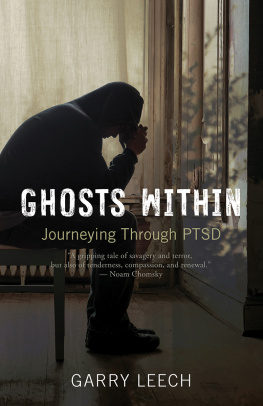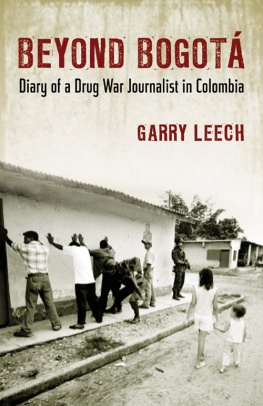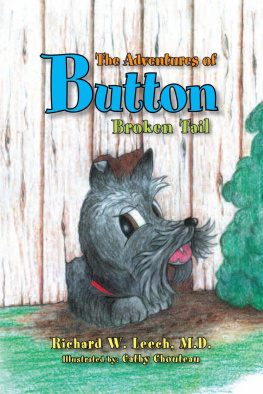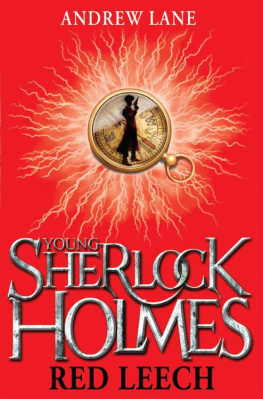A Jawbone ebook
First edition 2017
Published in the UK and the USA by Jawbone Press
3.1D Union Court,
2022 Union Road,
London SW4 6JP,
England
www.jawbonepress.com
Volume copyright 2017 Outline Press Ltd. Text copyright Jeanette Leech. All rights reserved. No part of this book covered by the copyrights hereon may be reproduced or copied in any manner whatsoever without written permission, except in the case of brief quotations embodied in articles or reviews where the source should be made clear. For more information contact the publishers.
Editor Tom Seabrook
Cover art Graham Sutton
CONTENTS
INTRODUCTION
fearless.
Thats the thing. When you dont know anything, youre much more fearless about it. Graham Sutton, Bark Psychosis
Trying to encapsulate in a title what unites dozens of artists is difficult at the best of times. But when the subject is post-rock, it borders on the preposterous.
Maybe the question [of post-rock], in your minds eye, might have a definitive answer, says Jeff Mueller of Rodan, June Of 44, and Shipping News, one of my early interviewees. But, maybe, then you talk to ten different people and every single one of those ten people would give you a different response.
For a long time, this book was simply called The Post-Rock Book . No working title, no in-joke, no florid author indulgence. Only those few words. They were frightening in their implied definitiveness. What could they mean ?
Youll have to define what post-rock is, in this book, David Callahan of Moonshake warns me, not unreasonably.
It seemed sensible, as a first step, to go back to the source. The term post-rock was meant to be open-ended yet precise, or so hoped the critic Simon Reynolds, as he explained the tag he created in 1994. It meant using rock instrumentation for non-rock purposes, using guitars as facilitators of textures and timbres rather than riffs and powerchords.
I remember seeing [Reynoldss article] and thinking, ah, hes a clever cunt , says Ian Crause of Disco Inferno, one of the original bands cited by Reynolds as post-rock. He really knows how to come up with a brand name.
The artists that predated (or were contemporaneous with) Reynoldss article, on the whole, mind being called post-rock far less than those who came later. I never had any issue with it, says Kirsty Yates of Insides, another band cited in the original Simon Reynolds piece. The point was, actually: take rock up a level. I understood what he was trying to do.
The post part, as Yates says, implies that it came after rock: that post-rock had evolved from it, and yet was still in a symbiotic relationship with it. For some, though, it also insinuated a bit of snobbery. Post-rock seemed to say that rock was heading for extinction, and this was one reason why a lot of bands rejected the term. They saw themselves as part of a rockand especially a punk rockcontinuum.
Post-rock is a pain in the ass ! says Efrim Menuck of Godspeed You! Black Emperor. Its sad, after this many years, that you roll into a place to play a show, and you see the poster, and the name of the band, and afterward, in brackets, Canadian post-rock. Its still a little heartbreaking.
The classic question that were asked all the time, is, Why did you decide to be a post-rock band? Where do I even start with that ? Stuart Braithwaite of Mogwai tells me.
I did find ambivalence bordering on all-out hatred toward the term, but perhaps not as much as Id prepared myself for. Funnily enough, now Ive come to accept post-rock, says John McEntire of Tortoise. OK, we were there; we did that. If thats what people want to call it, then we should own it.
Nevertheless, it took time. Post-rock was not artist-created, nor did many bands wear it proudly. There are no albums called The Shape Of Post-Rock To Come or Post-Rock 1: Music For Airports .
Part of the problem with defining post-rock is that the thing constantly slithers away from you. It can be either lazily employed or rigorously policed, the worst of open-ended and precise. One moment its being used to describe virtually all modern experimental guitar music; the next its used for a needle-eye definition relating only to a certain type of instrumental volume-based dynamic music. And God help you if you argue otherwise.
Genre names are frequently created, and most simply fade on the page. All periods of popular music history are littered with pithy journalese that the wider public simply didnt take to (and there are plenty of examples in this book alone). But post-rock clicked for listeners and critics. It became a staple of the modern musical lexicon.
I used to work as a rock journalist back in the nineties, says Gen Heistek, a Montreal-based musician whose many bands, including Sackville and Hangedup, were a key part of that citys underground musical community at that time. I remember getting in a huge fight over whether or not post-rock actually existed. They maintained firmly that it did, and I was of the opinion that it did not. I still dont really believe it exists.
Fearless argues that it does. It sees post-rock as an archipelago: islands that may speak different languages and are probably only on nodding terms with one another. But they are in the same sea. And that sea, the one ideological core that unites the major artists covered in this book, is deconstruction : a fierce desire to unpick and change predictable channels of expression.
One cannot get around the response, the theorist Jacques Derrida wrote in 1967, except by challenging the very form of the question. Deconstruction doesnt necessarily destroy. It takes apart, and then reorders, using the same materials .
We didnt want a guitar to sound like a fucking guitar, says Rudy Tambala of A.R. Kane. You might think thats a power chord, but its not; its just smashing a guitar against something, dropping it, and then going over and having a smoke, or whatever. But it was really: lets try and tear away, aggressively, any aspect of rocknroll.
Some post-rock artists explicitly and consciously sought to deconstruct rock music; others realised theyd done it after the event; yet more didnt give the process a moments thought. A lot of this deconstruction was made possible through the advent of the sampler, ushering in a new genre-bending mindset. Most of the post-rock bands used samplers in some form, but even the ones who didnt were influenced by samplings possibilities for simultaneous structure and chaos. A major reason for the vast bulk of this book being concerned with the period after the mid-to-late 1980s is because it was then that samplers became more affordable.
The attitude of deconstruction was not only related to sonics. Post-rock was usually adamant that it didnt want anything to do with rocks gang-of-mates image. Roles in a band could constantly shift, as musicians changed up instruments, and a single front person or a focal point was rejected. This theory didnt always work in practice, as we shall see, but the ideato confront the expected spotlights of rock through decentring both sound and representationwas strong.
Theres a whole way youre meant to interact with the audience, says Jacqui Ham of Ut, a trio who swapped guitar, bass, and drums on record and onstage. Oh, you want us to play this song? That wasnt our thing. We wanted people to enter into this intensity, to be there totally, none of this interacting with the audience. Our whole philosophy was that we were into shaking things up. Making things uncomfortable. We did not want people to be comfortable. We did not want that.

